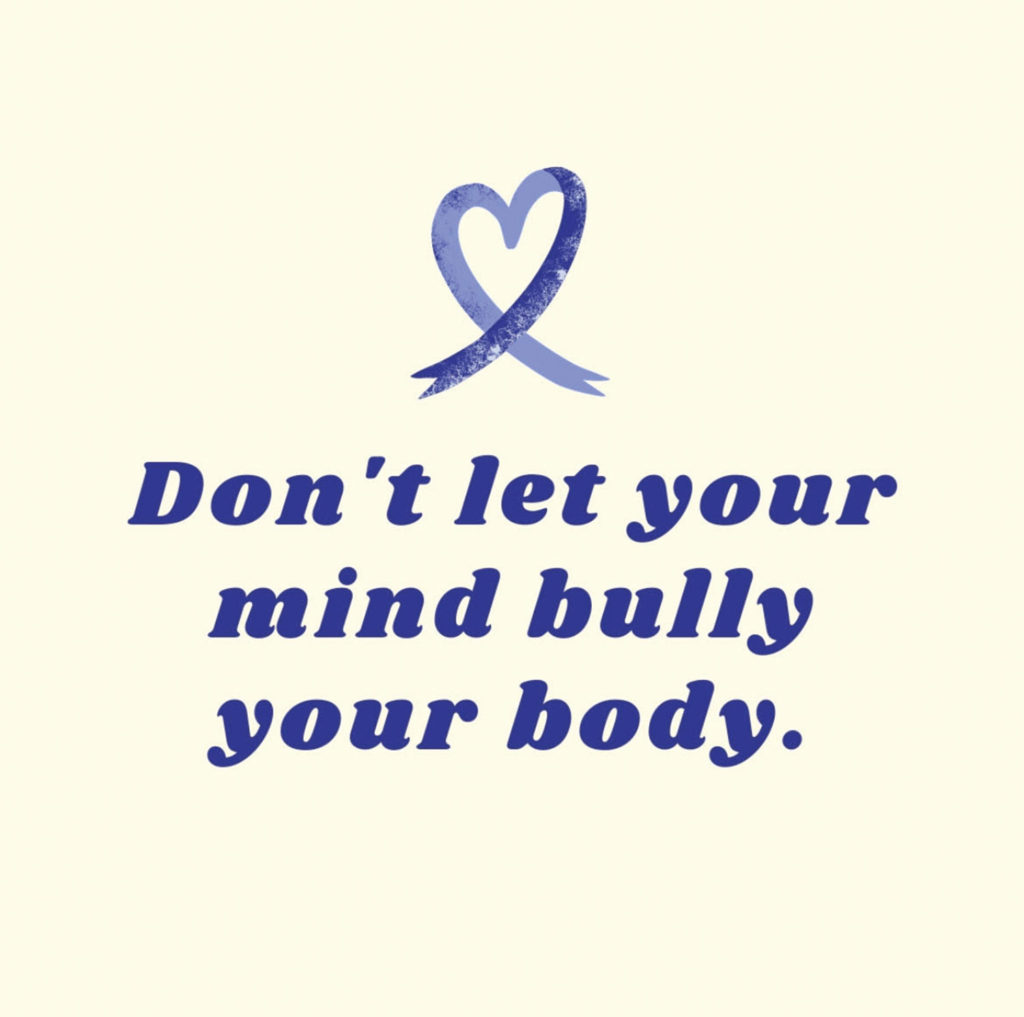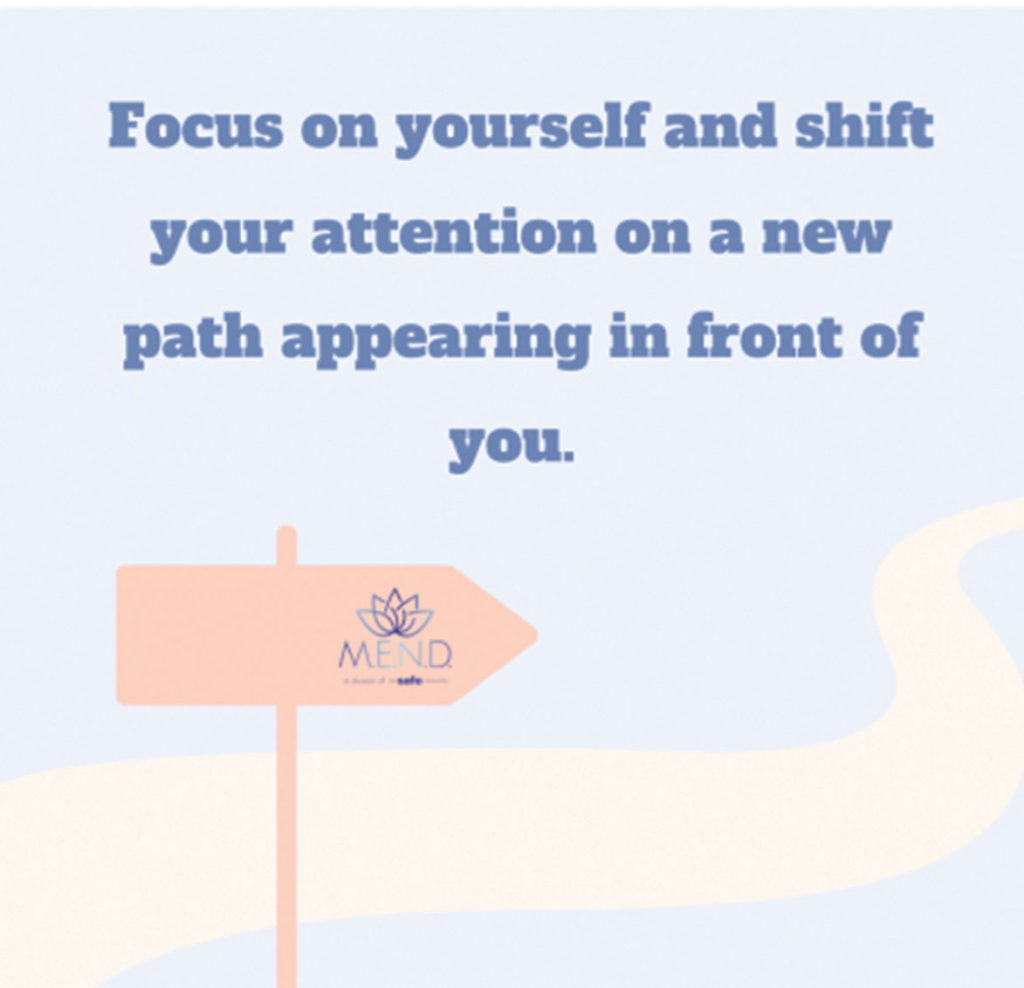
MINDFUL EATING NEW DIRECTIONS
MARY ANNE COHEN LCSW, BCD
MANY WOMEN, MEN, AND TEENS STRUGGLE WITH FOOD AND EATING AND OFTEN FEEL A GREAT DEAL OF BODY DISSATISFACTION. WHILE EVERYONE’S STRUGGLE IS DIFFERENT, EATING DISORDERS ARE VERY WIDESPREAD IN THIS DAY AND AGE.
WHAT ARE EATING DISORDERS?
Eating disorders refer to binge eating, bulimia, or anorexia. Binge eating describes a person who overeats because of emotional stress not physical hunger. Bulimics binge on food but then make themselves get rid of it through vomiting, laxatives, or excess exercise. Anorexics willfully choose to starve themselves. However, many people struggle with eating problems without falling into those categories.
Although the binge eater, bulimic and anorexic each deal with food in different ways—through overeating, purging, or starving—they all share one thing in common: the fear of being fat. This is the common denominator for everyone with an eating disorder.
WHAT CAUSES EATING DISORDERS?
Everybody is different. But the three most common causes of eating disorders are:
Cultural & Social Pressure: There is a saying that you can never be too rich or too thin, and it is this wish to be thin—or thinner—that causes people anxiety with food and weight. The media, advertising, and Hollywood all present an idealized picture that in order to be happy you must be thin. The media breeds within us perpetual dissatisfaction about how we look. That’s how they sell products!

Emotional Stress: When people have not directly faced their upsetting emotions, they often detour them through food. After all, food is legal, available, cheap, and comforting. Anxiety, depression, grief, rejection, loneliness, anger, guilt, sexual issues, or unresolved trauma can all contribute to turning to food or away from it as a way to soothe these strong emotions.
Starting A Diet: Dieting is considered the gateway to all eating disorders! A diet instructs you what you can and cannot eat in the name of weight loss. Diets set up a vicious cycle where first you are “good” by restricting your food and obeying the diet. Then feelings of deprivation invariably set in, then you will break out of the restrictions by bingeing, followed once again by committing to an even stricter diet to get yourself back on track. For people who are emotional eaters, dieting will always backfire.
How can people get better?
For people who have struggled with eating, weight, dieting, and body image, specialized therapy for emotional eating can be the path to healing.
Specialized therapy includes a two prong approach.
- The therapist helps people improve their destructive eating behaviors, habits and negative thought patterns that can keep them stuck; this is called behavioral/cognitive therapy.
- In addition, the therapist will help clients discuss the emotional issues that have driven them to use food as a stress reliever and help them find solutions to tackle these problems directly; this is psychotherapy.
Integrating behavioral plus emotional work can help people get back on track with food, eating, weight, and body image.
The process of therapy is a journey of self-exploration. It has been called “the talking cure.” With self-compassion, patience and perseverance, you can achieve success and overcome your eating problems.
If you struggle with food and eating, take this 15 question screening tool:
- Is your self-esteem based on how much you weigh?
- Are you preoccupied with how much you eat and how many calories you consume?
- Do you ever avoid social engagements because you worry about not looking good enough?
- Do you find yourself frequently dieting only to “fall off the wagon?”
- Have you ever made yourself throw up to get rid of food?
- Do you push yourself to excess exercise?
- Do you restrict your eating but never feel thin enough?
- Do you believe your life would be better if only you were thinner?
- Do you go on eating binges?
- Have you ever used diet pills, laxatives, or diuretics to get rid of calories?
- Do you feel guilty after eating?
- Do you feel food controls your life?
- Do you have any secrets about food and eating that you’d be ashamed if anyone knew?
- Do you often feel fat?
- Are there things in your life that are making you feel depressed or anxious? And do you turn to or away from food at those times?
Answering yes to one or more of these questions may indicate that you have a problem with food and body image.

MEND (Mindful Eating New Directions) is a new community initiative to help people like you. Food, eating, and weight are significant issues in our community, and MEND wants to help. You are not alone!
We will work with you to:
• Custom tailor an individual approach for
your unique needs.
• Help you get control for your eating
back inside yourself.
• Develop and maintain healthy eating patterns.
• Regain body confidence.
• Unlock what may be keeping you stuck
in your eating problems.
Schedule an initial assessment with MEND, and we’ll help you determine if you can benefit from treatment. To start a confidential conversation about your eating, please contact us. Your contact with us is absolutely confidential.
Please feel free to call (718) 336-MEND
MEND is a division of The Safe Foundation.
Mary Anne Cohen, LCSW, BCD is Director of The New York Center for Eating Disorders since 1982. She is also author of French Toast for Breakfast: Declaring Peace with Emotional Eating and Lasagna for Lunch: Declaring Peace with Emotional Eating. Mary Anne has hosted her own radio show on eating disorders, appears frequently on national television, and is the professional book reviewer for EDReferral.com, the largest international resource for eating disorders.



